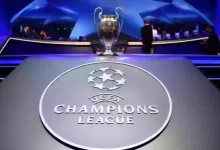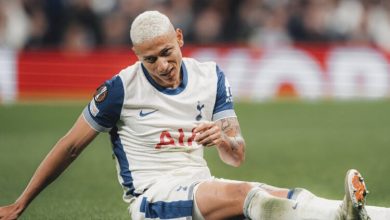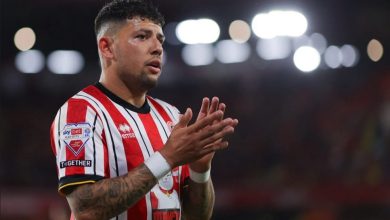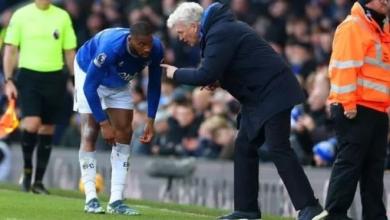Gary O’Neil Critiques Everton Player, Highlights Team Dynamics During Saturday Brawl
In a heated football match that saw Everton embroiled in a contentious “brawl” on Saturday, Wolverhampton Wanderers’ manager Gary O’Neil made waves with his post-match comments. O’Neil called out what he perceived as a “weak link” in Everton’s lineup, contrasting this player’s performance with that of another teammate he deemed “outstanding.” These remarks have since sparked widespread discussion about team dynamics, individual performance under pressure, and the fine margins that can dictate the outcome of high-stakes games.
O’Neil’s statements, though pointed, reflect a broader truth in competitive football: the importance of cohesion and resilience within a team. As a manager known for his tactical acumen and no-nonsense approach, O’Neil rarely shies away from delivering unvarnished assessments. By singling out an Everton player, he underscored the ways individual errors can undermine collective efforts. While he refrained from naming the player explicitly, his comments served as a stark reminder of the scrutiny footballers face at the elite level.
The Saturday clash was a pulsating affair, marked by physicality, emotional flare-ups, and a palpable sense of urgency from both sides. As tensions boiled over, several players found themselves at the center of confrontations, drawing attention from fans and pundits alike. In such intense situations, mental toughness and composure become as crucial as technical skills. According to O’Neil, while one Everton player struggled to rise to the occasion, another stood out as a bastion of strength, effectively leading the team’s efforts during the fray.
O’Neil’s comparison of the two players was likely intended to highlight the thin line between success and failure in football. A single weak link can be ruthlessly exploited by the opposition, as Wolves demonstrated during critical phases of the match. Conversely, a standout performer can galvanize a team, inspiring confidence and providing a rallying point when the pressure is at its peak. This duality is often the difference between victory and defeat, particularly in fiercely contested Premier League matches.
For Everton, the incident raises pressing questions about their squad’s depth, mental fortitude, and adaptability. While the manager’s critique might sting, it also provides an opportunity for reflection and growth. Football is replete with examples of players who have used criticism as fuel to improve their game, proving their detractors wrong in the process. It remains to be seen whether the unnamed “weak link” will respond similarly or succumb to the weight of expectations.
From a broader perspective, the episode sheds light on the role of managers in shaping team culture and performance. O’Neil’s willingness to critique his opponents—rather than solely focusing on his own team—demonstrates his attention to detail and commitment to gaining a competitive edge. However, it also invites scrutiny, as public criticisms can sometimes backfire, galvanizing opponents or drawing backlash from fans and media.
Ultimately, O’Neil’s remarks serve as a microcosm of the pressures and dynamics that define modern football. Teams are only as strong as their weakest link, and moments of adversity often reveal the true character of players and managers alike. For Everton, the challenge now lies in addressing the flaws exposed during the Saturday clash, ensuring that future encounters are defined by unity and resilience rather than moments of v
ulnerability.








